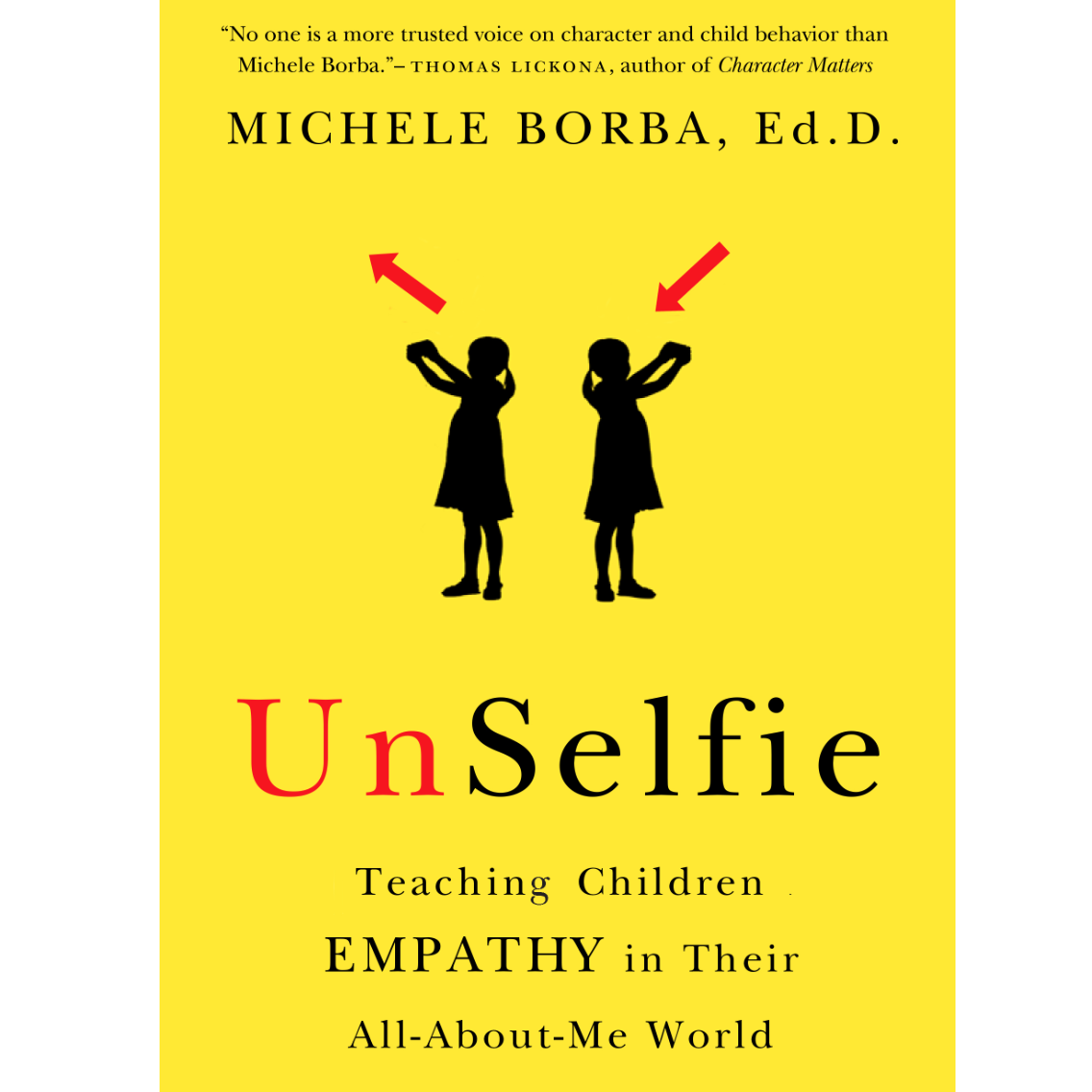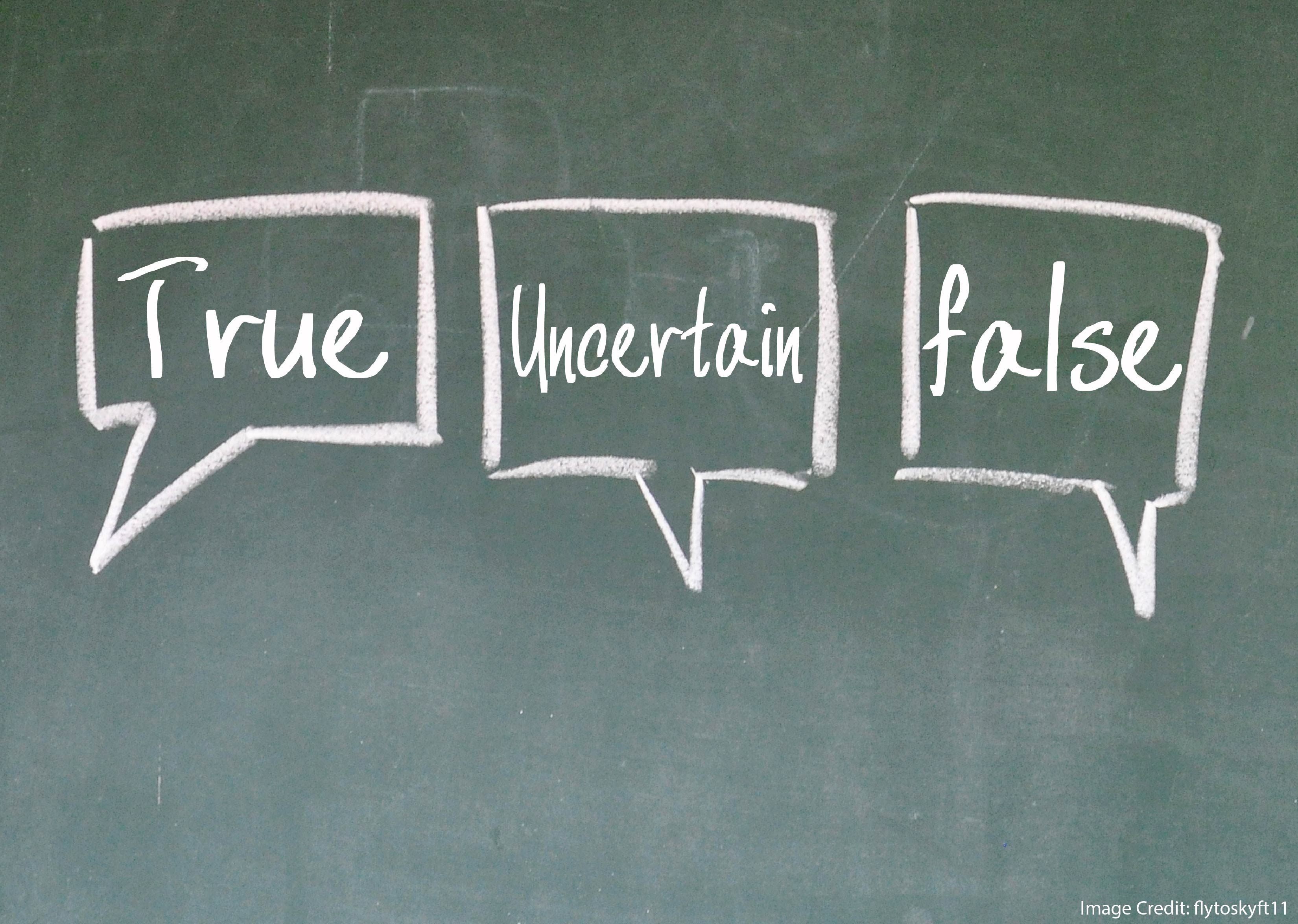Tags
ADHD adolescence attention book review boundary conditions classroom advice conference speakers constructivism/direct instruction creativity desirable difficulty development dual coding education elementary school embodied cognition emotion evolution executive function exercise experts and novices gender high school homework intelligence long-term memory math methodology middle school mindfulness Mindset motivation neuromyths neuroscience online learning parents psychology reading retrieval practice self-control skepticism sleep STEM stress technology working memoryRecent Comments
- Understanding Test Anxiety on Test Anxiety: How and When Does It Harm Students?
- A Skeptic Converted? The Benefits of Narrative |Education & Teacher Conferences on Help Me Understand: Narrative Is Better than Exposition
- Debate #4- Cell phones be banned from the classroom. | Aradhana's blog – ECI830 on Cell Phones in the Classroom: Expected (and Unexpected) Effects
- The Rare Slam Dunk? Blue Light Before Bed |Education & Teacher Conferences on “Writing By Hand Fosters Neural Connections…”
- Andrew Watson on “You Can Find Research that Proves Anything”
ABOUT THE BLOG
Monthly Archives: March 2017

Autism Speaks…about Genes
Some time ago, I linked to an article about varieties of ADHD diagnoses. A recent…

Brain Wandering
We’ve posted quite frequently about mind-wandering on this blog (here, here, and here — to pick…

Early Education Program Evaluation: “Differential Susceptibility” to Success
Show me the Money As most parents, teachers, and education policy folks know well, early…

The Misleading Headline of the Week…and What to Do About...
Scientific American Mind has entitled this brief piece “Too Much Emotional Intelligence is a Bad…

Unselfie: Why Empathetic Kids Succeed in Our All-about-me World by...
Children and adolescents with greater empathy tend to be happier, more successful, more resilient, and…
Posted in Book Reviews
Leave a comment

Political Affiliation and Trust in Science
Over at the Cultural Cognition Project, Dan Kahan has offered a fascinating post about the relationship…

Classroom Note Taking: A Solution to the Technology Conundrum?
[Editor’s note: this guest blogger piece is by Cindy Gadziala, Chairperson of Theology at Fontbonne…

Using IQ Scores Thoughtfully
Debates about the meaning and value of IQ have long raged; doubtless, they will continue…

Debate: E-Readers and Reading Comprehension
[Editor’s note: Scott’s post is in response to this earlier article.] Most times when I get…

Head Start: Right on Time
“Children who grow up in poverty often exhibit delays in academic and social-emotional school readiness…
